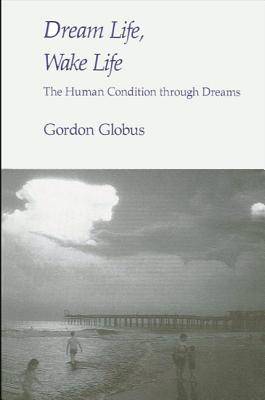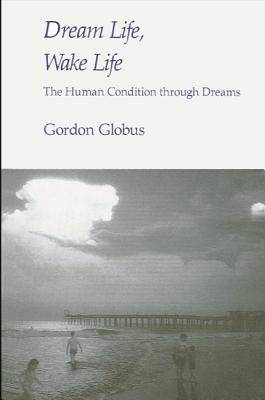
- Afhalen na 1 uur in een winkel met voorraad
- Gratis thuislevering in België vanaf € 30
- Ruim aanbod met 7 miljoen producten
- Afhalen na 1 uur in een winkel met voorraad
- Gratis thuislevering in België vanaf € 30
- Ruim aanbod met 7 miljoen producten
Omschrijving
Investigates the human condition through dreaming.
Attempts to understand the human condition through dreaming reach back to antiquity, especially in such classical Indian philosophical texts as the Rg Veda and the Upanisads. In a more contemporary vein, Dream Life, Wake Life continues this investigation, as it views the dream as an open window on the waking human condition.
The book discusses the major twentieth-century contributions to dream theory, beginning with Freud's 1900 psychoanalytical theory of dreaming and continuing through Jung's transpersonal and Boss's existential approaches. Recent phenomenological, cognitive, and biological developments are also considered.
Dream Life, Wake Life addresses human creativity as illuminated by dreaming. While Freud held a "transformative" view of dreaming in which dream life is secondhand, formed by combining memory traces of diverse past waking experiences into novel compositions, Gordon G. Globus sees the process as creative, the fundamental creative action inherent in the human condition.
Specificaties
Betrokkenen
- Auteur(s):
- Uitgeverij:
Inhoud
- Aantal bladzijden:
- 216
- Taal:
- Engels
- Reeks:
Eigenschappen
- Productcode (EAN):
- 9780887063589
- Verschijningsdatum:
- 9/01/1987
- Uitvoering:
- Hardcover
- Formaat:
- Genaaid
- Afmetingen:
- 152 mm x 229 mm
- Gewicht:
- 453 g

Alleen bij Standaard Boekhandel
Beoordelingen
We publiceren alleen reviews die voldoen aan de voorwaarden voor reviews. Bekijk onze voorwaarden voor reviews.









